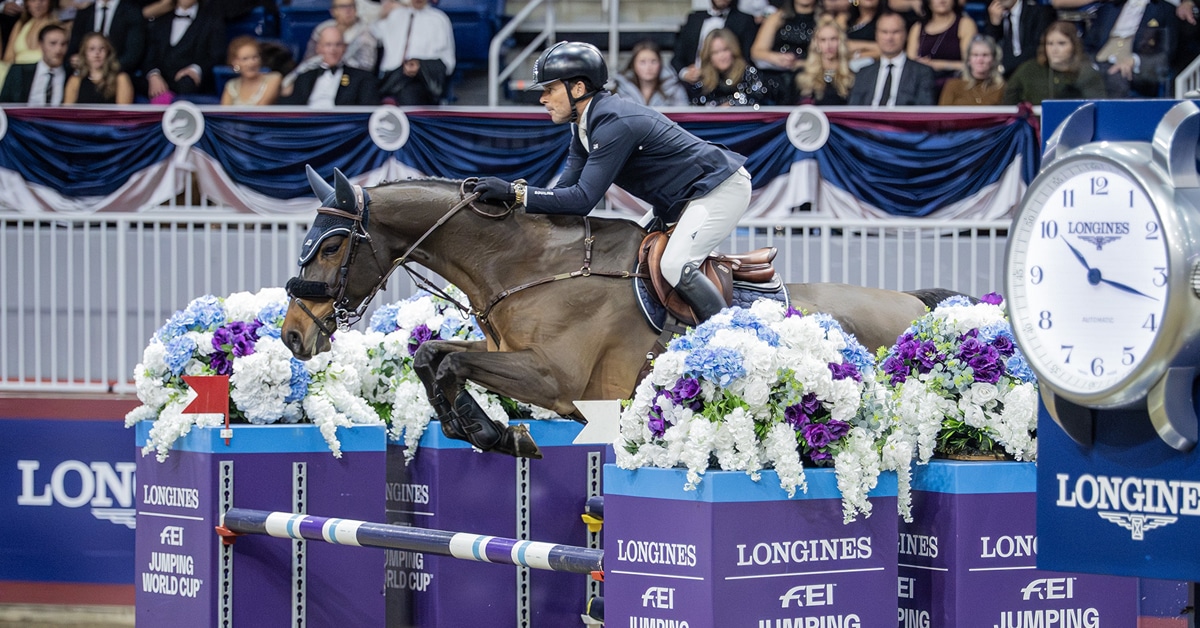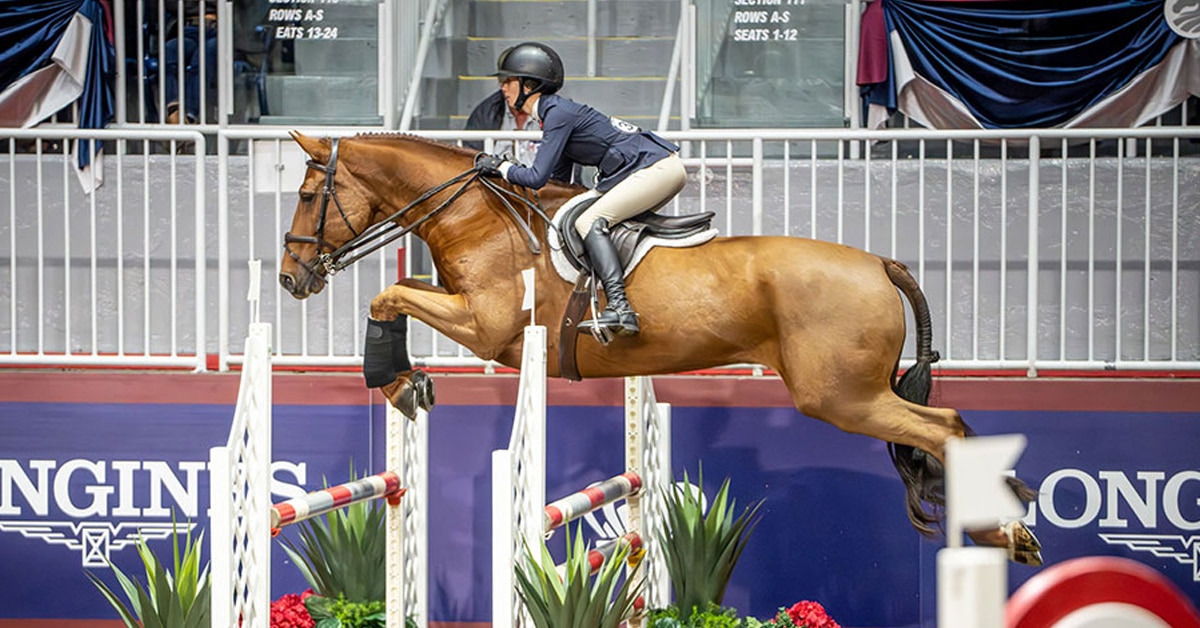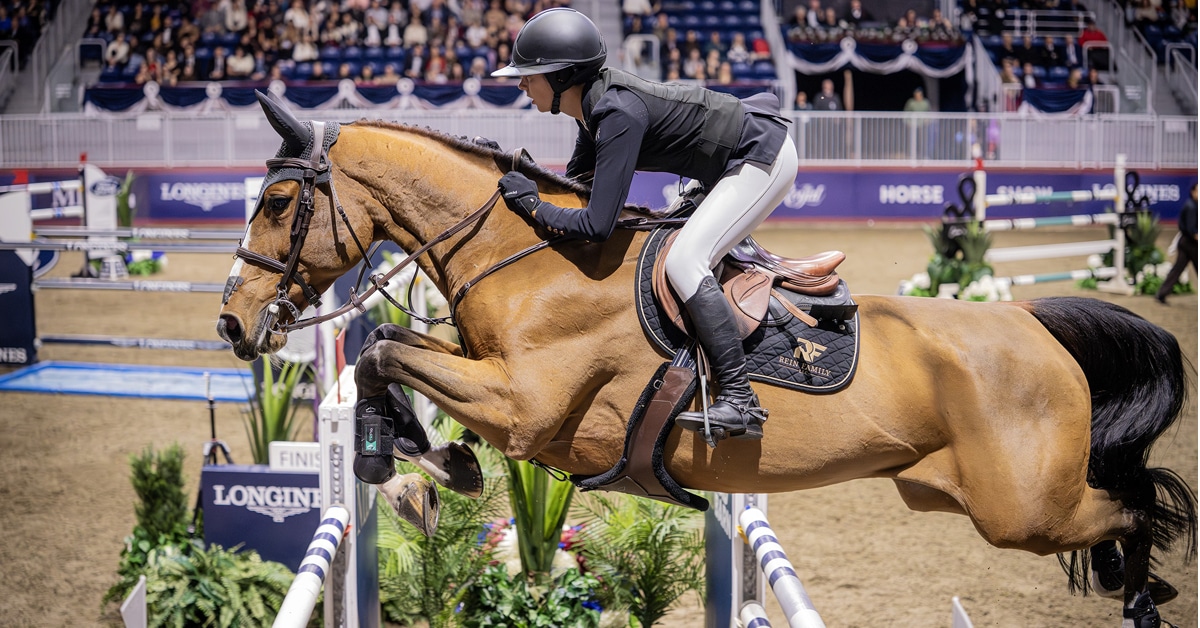The FEI Tribunal has re-stated that feeding supplements is intrinsically “negligent” because of the risk of contamination and products that do not disclose they contain prohibited substances.
This warning appears in recently published decisions over the positives recorded by top US dressage horses Don Principe (Kaitlin Blythe) and Horizon (Adrienne Lyle) to the banned substance ractopamine at the CDI3* in Wellington, FLA, in February.
Both horses were fed Soothing Pink whose producers, Minnesota-based agri-giant Cargill, admitted it came from a contaminated batch.
While the FEI accepted the horses’ connections were meticulous in stable practices to ensure they did not ingest prohibited substances, a three-month suspension backdated to April 5, 2018 was imposed on each rider, plus a fine of 3,000 Swiss francs.
FEI found there was no “significant fault or negligence” by the riders, who were “good people with good intentions” finding themselves in a “very difficult situation.” But FEI could not rule out an element of negligence completely, and was also concerned about the “choice” of supplement provider.
It stated: “By using a supplement in the first place, the PR (person responsible) is already negligent. One cannot claim that [the rider] is totally without fault, since she actually used a supplement of which they had carried out no research.”
Both riders refute that stance. They said: “The PR’s entered into the respective Settlement Agreements in order to put these matters behind them and to avoid further expense and disruption of their lives that the charges against them have caused.
“They recognize that any settlement necessitates compromise, and in order to achieve the goal of finality and peace, they accepted (and still accept) the penalties set forth in the Agreements notwithstanding their firm belief that they did no wrong and were not negligent.”
Ractopamine is commonly used for pig and beef fattening and has appeared in previous equine supplement contamination cases involving other suppliers.
Cargill withdrew Soothing Pink, which is used to relieve gastric upset, from the market following its investigations, finding the batch fed to both horses contained contaminated appetin. Cargill have stopped using appetin in any product.
The FEI also issued a further warning about products bought over the internet, and poor labelling. “Both USEF and FEI have warned extensively about the risk of use of supplements on several occasions.
“PRs should be aware that it is not unusual for supplements, marketed within the equine industry or over the internet to contain banned substances that are not disclosed on the product label. It is also possible that those substances are contained in different amounts in the supplement, than stated on the label, or the product used may have been inadvertently contaminated with a banned substance. There is no guarantee that the ingredients list on any supplement is accurate. This information is also summarized on the FEI web site under FEI Supplement Warning.”
The two horses’ results for the relevant three-month period have been disqualified, with the exception of the nationals at Gladstone in May. That was waived by a separate Court of Arbitration for Sport judgement last year, reducing the provisional suspensions that are normally applied when a positive is first notified (read decision here).
More News









